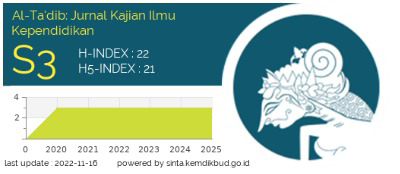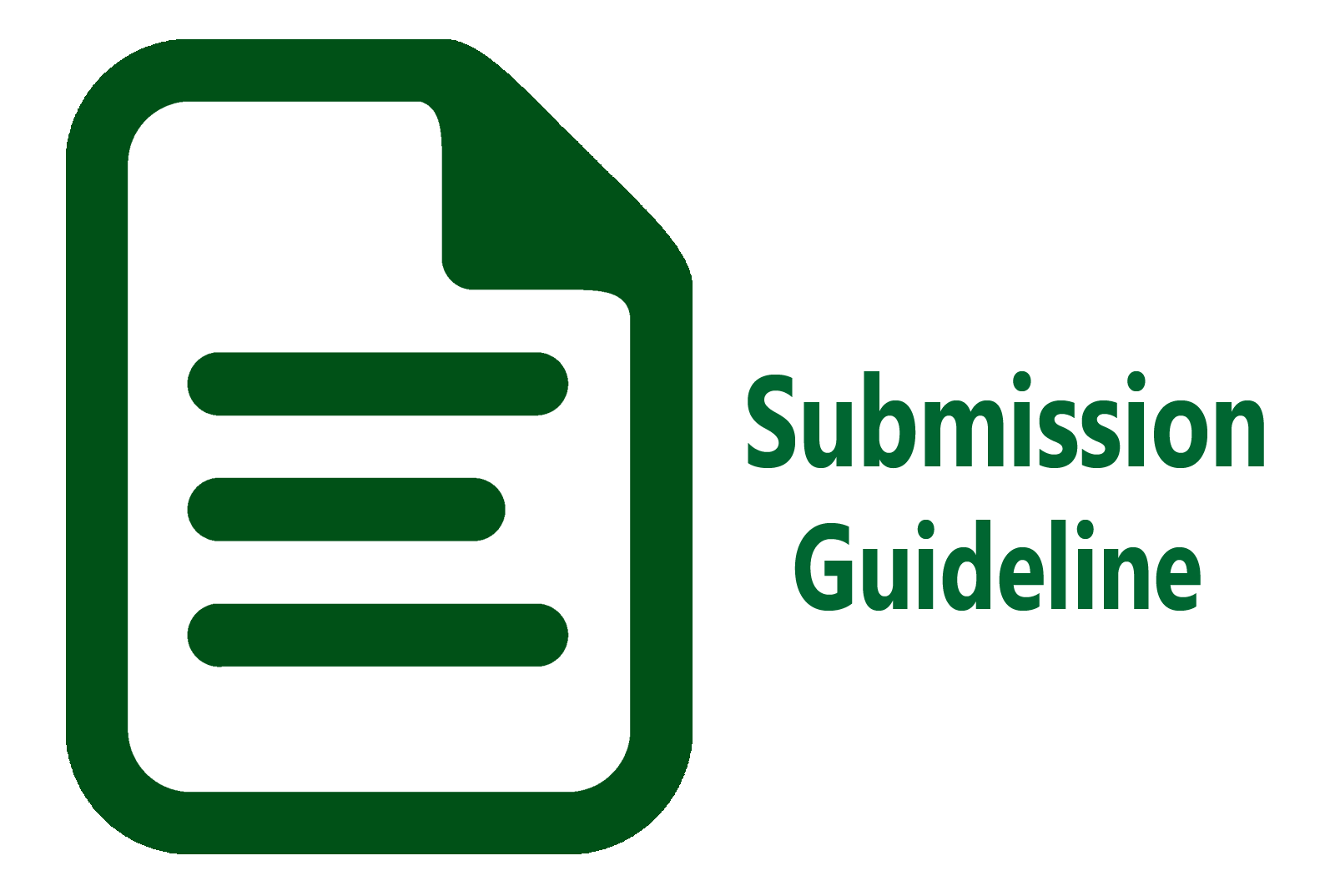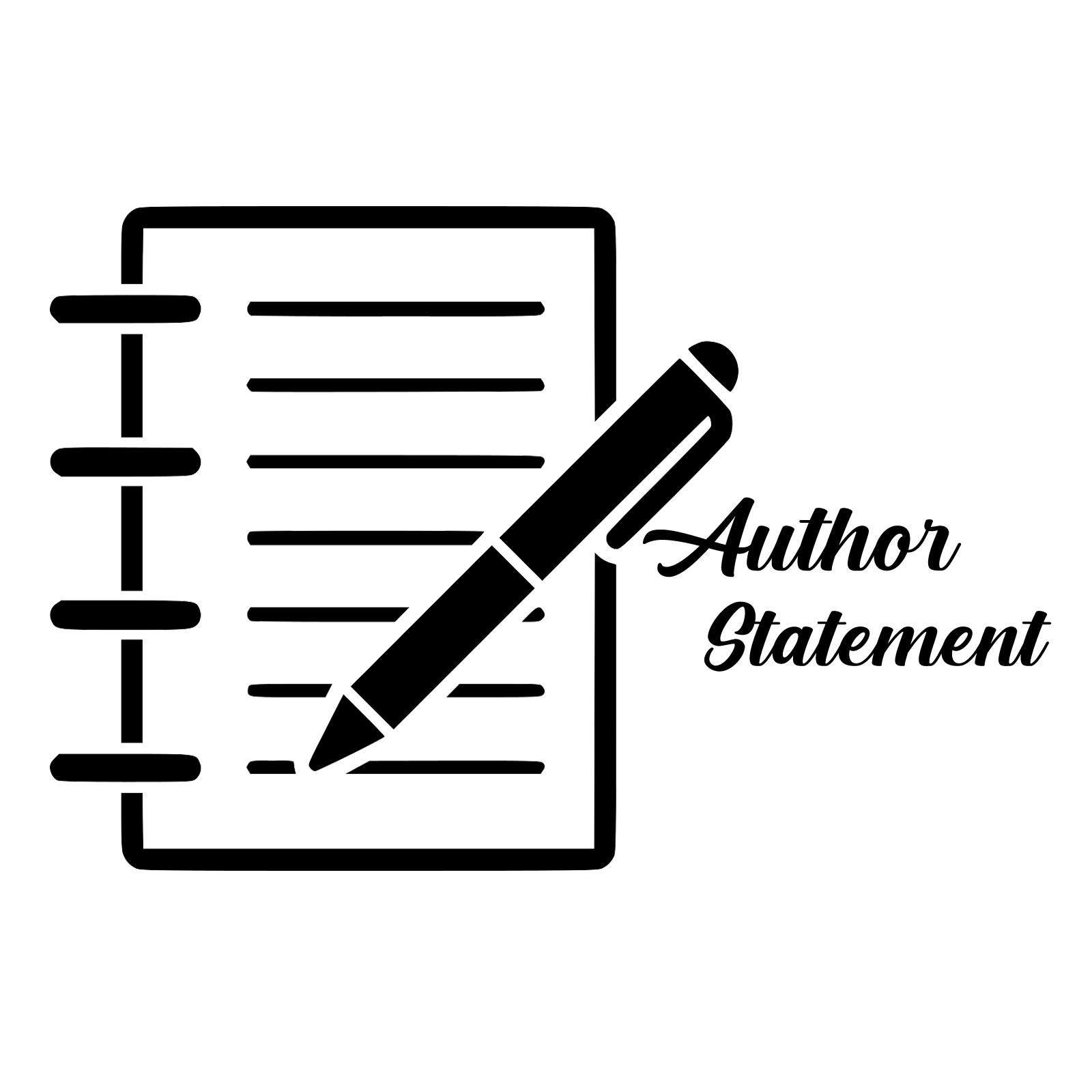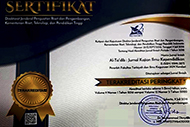Implementasi Literasi Digital Melalui Program Sapulidi pada Masa Covid-19: Studi Kasus di Sekolah Menengah Atas
Abstract
This descriptive qualitative study aims to investigate the implementation of digital literacy during Covid-19 through Sapulidi program at one of high schools in Southeast Sulawesi. Data were garnered through observation, interviews, and documentation from the principal, the head of school literacy team, and members of the Sapulidi team. The findings show that the implementation of digital literacy at the school was carried out in three stages: a) increasing the capacity of facilitators through training for school residents, b) increasing the number and variety of learning resources through the provision of QR code-based digital books on library websites and the use of learning applications, and c) providing computer and internet access in schools and providing digital information through school websites, libraries, and QR codes in the school environment. The forms of QR codes used in the Sapulidi program include the use of in learning, on school plants, on trophy displays, in students' works at school, school literacy galleries, in literacy corners in classroom, and in digital books.
KEYWORDS: Covid-19; digital literacy program; high school; QR code
Full Text:
PDFReferences
Amin, I. M. (2020). Peran literasi digital dalam meningkatkan pembelajaran pendidikan agama islam di kelas XI IIS 01 SMAI Al Maarif Singosari Malang. Skripsi Dipublikasikan. Malang: Universitas Islam Malang.
Anshori, S. (2017). Pemanfaatan TIK sebagai sumber dan media pembelajaran di sekolah. Civic-Culture: Jurnal Ilmu Pendidikan PKn dan Sosial Budaya, 1(1), 10-20.
Ariska, J., & Jazman, M. (2016). Rancang bangun sistem informasi manajemen aset sekolah menggunakan teknik labelling QR code: Studi kasus MAN 2 Model Pekanbaru. Jurnal Rekayasa dan Manajemen Sistem Informasi, 2(2), 127-136.
Baterna, H. B., Mina, T. D. G., & Rogayan Jr, D. V. (2020). Digital literacy of STEM senior high school students: Basis for enhancement program. International Journal of Technology in Education, 3(2), 105-117.
Bjørgen, A. M., & Erstad, O. (2015). The connected child: Tracing digital literacy from school to leisure. Pedagogies: An International Journal, 10(2), 113-127.
Gazali, E. (2018). Pesantren di antara generasi alfa dan tantangan dunia pendidikan era revolusi industri 4.0. OASIS: Jurnal Ilmiah Kajian Islam, 2(2), 94-109.
Gilster, P. (1997). Digital literacy. New York: Wiley.
Ginting, R. V. B., Arindani, D., Lubis, C. M. W., & Shella, A. P. (2021). Literasi digital sebagai wujud pemberdayaan masyarakat di era globalisasi. Jurnal Pasopati: Pengabdian Masyarakat dan Inovasi Pengembangan Teknologi, 3(2), 118-122.
Hague, C., & Payton, S. (2011). Digital literacy across the curriculum. Curriculum Leadership, 9(10).
Jimoyiannis, A., & Gravani, M. (2011). Exploring adult digital literacy using learners' and educators' perceptions and experiences: The case of the second chance schools in Greece. Journal of Educational Technology & Society, 14(1), 217-227.
Kemendikbud. (2017). Panduan gerakan literasi nasional. Kemendikbud: Jakarta.
Khalid, I. (2019). Kredibilitas media cetak dan media online. At-Tadabbur: Jurnal Penelitian Sosial Keagamaan, 9(1), 84-105.
Lestari, I., Setiawan, W., & Muqodas, I. (2021, April). Online learning behavior during COVID-19 pandemic toward students' digital literacy skills. International Conference on Elementary Education Proceeding, hal. 497-507.
Mansyur, A. R. (2020). Dampak Covid-19 terhadap dinamika pembelajaran di Indonesia. Education and Learning Journal, 1(2), 113-123.
Meilinda, N., Malinda, F., & Aisyah, S. M. (2020). Literasi digital pada remaja digital: Sosialisasi pemanfaatan media sosial bagi pelajar sekolah menengah atas. Jurnal Abdimas Mandiri, 4(1), 62-69.
Miles, M. B., Huberman, A. M., & Saldaña, J. (2018). Qualitative data analysis: A methods sourcebook. Sage.
Nahdi, D. S. & Jatisunda, M. G. (2020). Analisis literasi digital calon guru SD dalam pembelajaran berbasis virtual classroom di masa pandemi Covid-19. Jurnal Cakrawala Pendas, 6(2), 116-123.
Nursalam, N., Suardi, S., & Syarifuddin, S. (2020). Pemberdayaan masyarakat desa melalui literasi digital berbasis CR code di Desa Bonton Jai Kecamatan Bissappu Kabupaten Bantaeng. Jurnal Pengabdian Kepada Masyarakat, 4(2), 228-238.
Pangestu, B. (2019). Model pengambilan buku digital menggunakan QR code: Studi kasus Perpustakaan Universitas Pembangunan Nasional “Veteran” Jakarta. Disertasi. Universitas Pembangunan Nasional Veteran Jakarta.
Perdana, R., Yani, R., Jumadi, J., & Rosana, D. (2019). Assessing students’ digital literacy skill in senior high school Yogyakarta. JPI (Jurnal Pendidikan Indonesia), 8(2), 169-177.
Pradana, F. A. P. (2020). Pengaruh budaya literasi sekolah melalui pemanfaatan sudut baca terhadap minat mmembaca siswa di sekolah dasar. Jurnal Pendidikan dan Konseling, 1(2), 94-104.
Rahmah, A. (2015). Digital literacy learning system for Indonesian citizen. Procedia Computer Science, 72, 94-101.
Rahmatullah, M. I. (2019). pengembangan konsep pembelajaran literasi digital berbasis media e-learning pada mata pelajaran PJOK di SMA Kota Yogyakarta. Journal of Sport Education (JOPE), 1(2), 56-65.
Rahmi, R. (2020). Inovasi pembelajaran di masa pandemi covid-19. AL-TARBIYAH: Jurnal Pendidikan (The Educational Journal), 30(2), 111-123.
Rohman, S. (2017). Membangun budaya membaca pada anak melalui program gerakan literasi sekolah. TERAMPIL: Jurnal Pendidikan dan Pembelajaran Dasar, 4(1), 151-174.
Rubiati, N., & Harahap, S. W. (2019). Aplikasi absensi siswa menggunakan QR code dengan bahasa pemrograman Php di SMKIT Zunurain Aqila Zahra di Pelintung. Informatika, 11(1), 62-70.
Siripongdee, K., Pimdee, P., & Tuntiwongwanich, S. (2020). A blended learning model with IoT-based technology: effectively used when the COVID-19 pandemic? Journal for the Education of Gifted Young Scientists, 8(2), 905-917.
Spires, H. A., Paul, C. M., & Kerkhoff, S. N. (2019). Digital literacy for the 21st century. In Advanced methodologies and technologies in library science, information management, and scholarly inquiry (pp. 12-21). IGI Global.
Supriati, E. (2021). Manajemen perpustakaan dalam mendukung gerakan literasi digital di Madrasah Aliyah Negeri 2 Kota Madiun. Jurnal Kajian Informasi & Perpustakaan, 9(2), 201-218.
Sutrisna, I. P. G. (2020). Gerakan literasi digital pada masa pademi Covid-19. Stalistika: Jurnal Pendidikan Bahasa dan Seni, 8(2), 269-283.
Tohara, A. J. T. (2021). Exploring digital literacy strategies for students with special educational needs in the digital age. Turkish Journal of Computer and Mathematics Education (TURCOMAT), 12(9), 3345-3358.
Warschauer, M. (2009). Digital literacy studies: Progress and prospects. Dalam M. Baynham dan M. Prinsloo, The Future of Literacy Studies, hal. 123-140. Palgrave Macmillan. https://doi.org/10.1057/9780230245693_7
Zahroh, F., & Sholeh, M. (2021). Efektivitas literasi digital dalam meningkatkan pelaksanaan pembelajaran daring di masa pandemi COVID-19. Inspirasi Manajemen Pendidikan, 9(5), 1147-1158.
DOI: http://dx.doi.org/10.31332/atdbwv15i2.5396
Refbacks
- There are currently no refbacks.
Copyright (c) 2022 Nur Alim, Fadlansyah Fadlansyah, Hadi Machmud, Sitti Nurfaidah

This work is licensed under a Creative Commons Attribution-NonCommercial-ShareAlike 4.0 International License.
| Indexing: |










